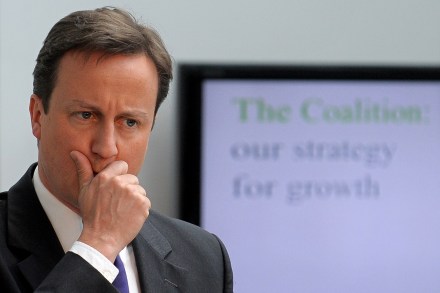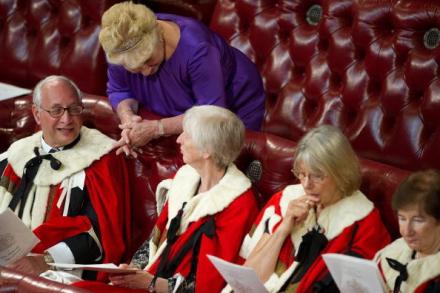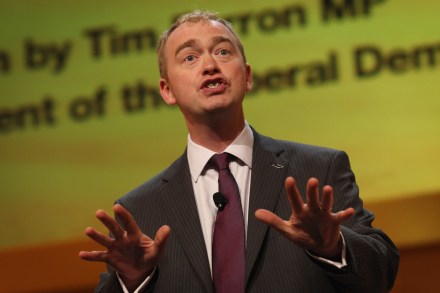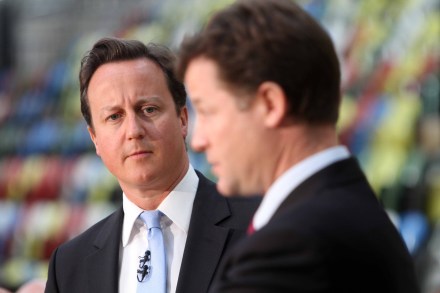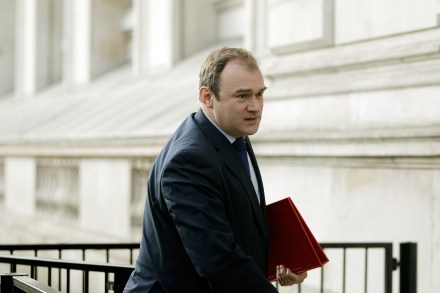What good would an annual National Strategy do?
Another set of bad notices for Cameron & Co. this morning, chief among them the Public Administration Select Committee’s report into government strategy. It basically says that there is none: short-term fripperies are indulged at the expense of long-term objectives. Or as the report puts it in one of its most trenchant passages, ‘We have little confidence that policies are informed by a clear, coherent strategic approach, informed by an assessment of the public’s aspirations and their perceptions of the national interest.’ This is a diagnosis that many will agree with, partially if not in full. Most governments could do with more long-term thinking, let alone one that is split
